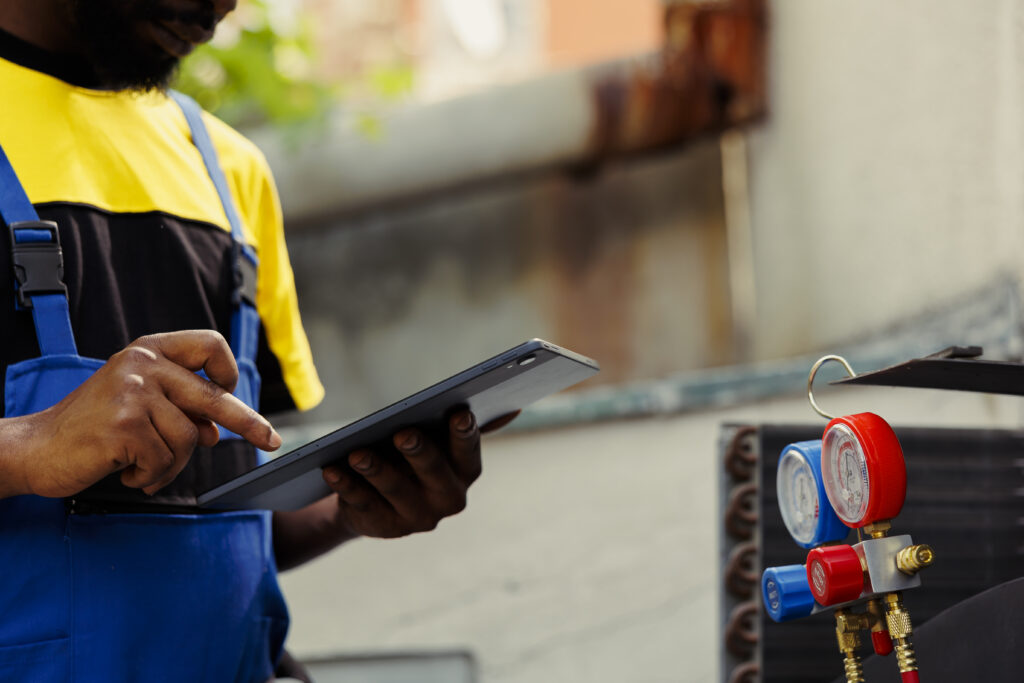A Gas Safety Certificate is a vital document that confirms gas appliances, fittings, and installations within a property are safe to use. Issued by a Gas Safe registered engineer after inspection, this certificate is not only a legal requirement for landlords in the UK but also a critical step in ensuring the safety of tenants, homeowners, and businesses.
What is a Gas Safety Certificate?
Also known as a CP12 Certificate, the Gas Safety Certificate is an official record of checks carried out on gas appliances, boilers, cookers, and flues. It ensures that all gas-related equipment operates safely and complies with current regulations. Only qualified engineers who are listed on the Gas Safe Register are authorised to issue this certificate.
Why is it Important?
Gas leaks, carbon monoxide poisoning, and faulty appliances pose significant risks to health and safety. By obtaining a Gas Safety Certificate, property owners can:
- Ensure Safety – Protect residents from dangerous gas leaks or malfunctioning appliances.
- Meet Legal Requirements – Landlords must provide tenants with a valid certificate under the Gas Safety (Installation and Use) Regulations 1998.
- Avoid Penalties – Failure to comply with gas safety laws can lead to fines or legal consequences.
- Protect Investments – Regular checks help prolong the life of boilers and appliances, saving on costly repairs.
Who Needs a Gas Safety Certificate?
- Landlords – By law, landlords must carry out an annual gas safety check and provide tenants with a copy of the certificate within 28 days.
- Homeowners – While not a legal obligation, it is highly recommended for homeowners to get an annual inspection to ensure safety.
- Businesses – Commercial properties with gas appliances are also required to have regular checks to protect employees and visitors.
What Does the Gas Safety Inspection Include?
During the inspection, a Gas Safe engineer will:
- Check gas appliances for leaks and faults.
- Test flues and chimneys for safe ventilation.
- Ensure appliances are operating at the correct pressure.
- Verify that safety devices are working properly.
- Provide a detailed Gas Safety Certificate highlighting any issues.
If any faults are identified, the engineer will recommend repairs or replacements before issuing a satisfactory certificate.
How Often Do You Need One?
For landlords, a Gas Safety Certificate must be renewed every 12 months. Tenants should always be given the most recent certificate before moving in and updated copies after each annual check. Homeowners and businesses are also strongly advised to schedule yearly inspections for peace of mind.
Benefits of a Valid Gas Safety Certificate
- Legal compliance for landlords and businesses.
- Reduced risks of gas-related accidents.
- Peace of mind knowing your property is safe.
- Protection against insurance disputes in case of incidents.
Conclusion
A Gas Safety Certificate is more than just a legal document – it is a safeguard for health, property, and peace of mind. By ensuring annual inspections from a Gas Safe registered engineer, landlords, homeowners, and businesses can protect lives while staying compliant with regulations. If your property hasn’t been checked recently, now is the time to arrange an inspection and secure your certificate.


